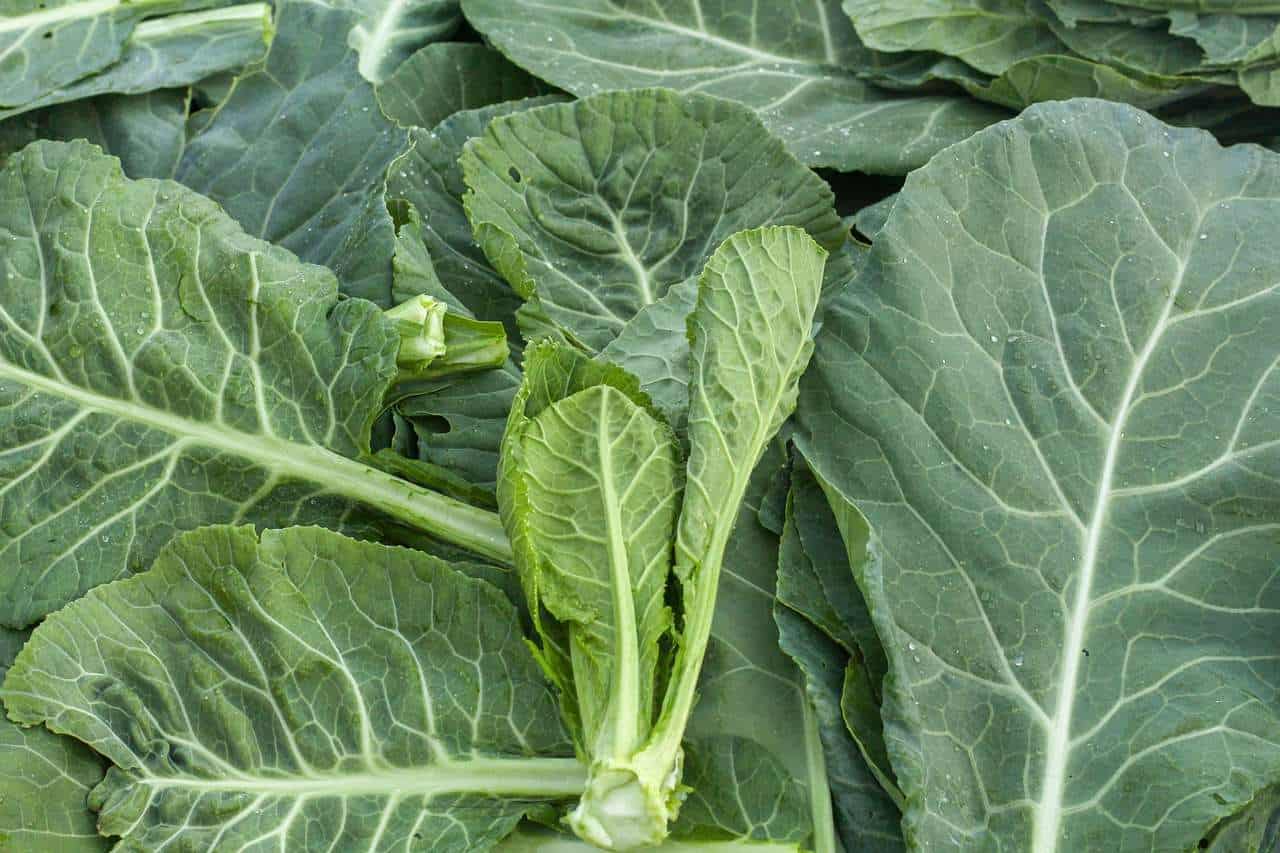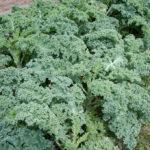Arugula, also known as rocket or roquette, is a leafy green vegetable that is packed with nutrition and flavor. Not only is it a great source of vitamins and minerals, but it also adds a unique, spicy kick to salads, sandwiches, and pasta dishes. If you’re looking to boost the nutritional value and taste of your meals, consider growing arugula in your garden.
Benefits of Growing Arugula

One of the main benefits of growing arugula is its high nutrient content. Arugula is a good source of vitamins A, C, and K, as well as folate and calcium. It’s also low in calories, making it a great choice for weight loss or maintenance. The leaves are also rich in antioxidants, which can help protect your cells from damage.
Another benefit of growing arugula is its unique flavor. The leaves have a slightly bitter and spicy taste that adds depth and complexity to salads, sandwiches, and pasta dishes. Arugula pairs well with a variety of ingredients, such as lemon, Parmesan cheese, and nuts. It’s also a great addition to pizzas, omelets, and dips.
Growing arugula is also easy and requires little maintenance. It’s a hardy plant that can grow in a variety of conditions, and it’s ready to harvest in just a few weeks. Arugula can be planted in a raised bed or container, making it a great choice for people with small gardens or limited space. It can also be grown year-round in mild climates.
Arugula is a versatile and flavorful leafy green that is packed with nutrition. Growing arugula in your garden is a great way to boost the taste and health benefits of your meals. It’s easy to grow and requires little maintenance, making it a great option for gardeners of all levels.
Check out Little Tree Food Forest for articles on food forests and homesteading.
Check out StoryScapes for articles on creative writing.
Subscribe to our newsletter to get information delivered to your inbox on edible landscaping, growing food and medicinal plants, growing mushrooms, foraging, fermentation, food preservation, raising small livestock, and more.













One thought on “The Nutritional and Culinary Benefits of Growing Arugula in Your Garden”
Comments are closed.